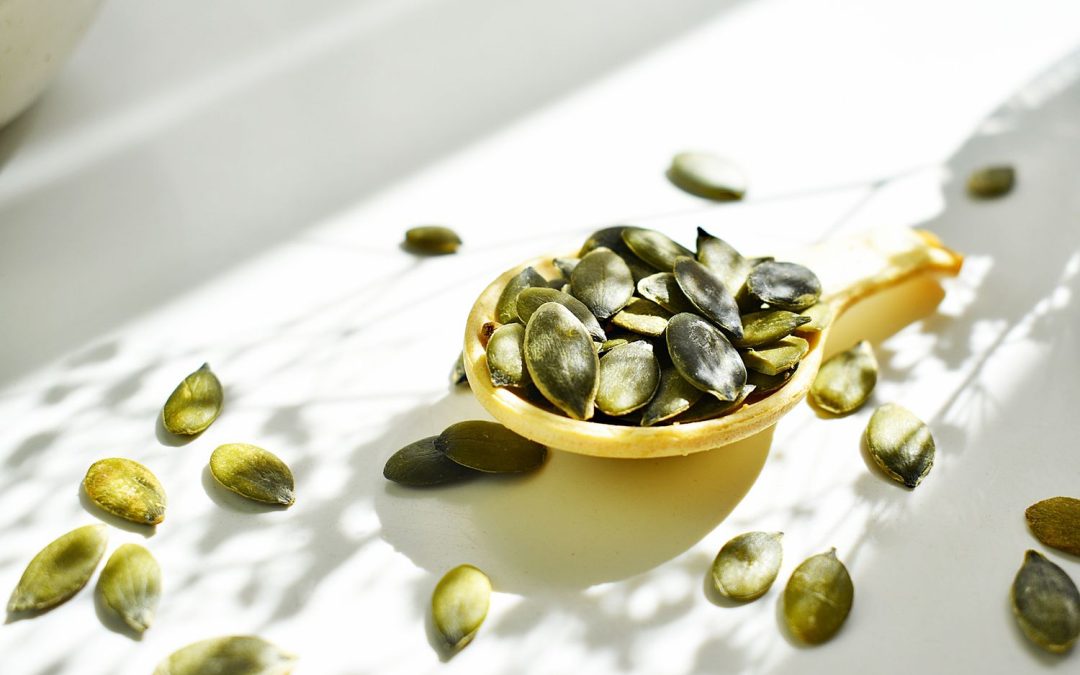Oman today_ Pumpkin seeds are a highly nutritious and versatile food that hold a special place in both modern nutrition and traditional medicine. These nutrient-dense seeds are rich in phytosterols, cucurbitin, and gamma-tocopherol (a form of vitamin E), which help protect cells from oxidative damage and support overall health. They also contain a balanced combination of vitamins A, C, and B complex—especially B1, B2, and B3—alongside essential minerals such as zinc, selenium, copper, and manganese, all of which contribute to strengthening the immune system, enhancing brain function, and maintaining healthy skin and hair. About one-third of the seed’s weight consists of beneficial plant oils, and a significant portion is made up of protein—making pumpkin seeds an excellent energy source and a key component of a healthy diet.
From a therapeutic perspective, pumpkin seeds are known to help reduce symptoms of urinary disorders, including overactive bladder and benign prostatic hyperplasia (BPH). A traditional remedy for intestinal parasites involves mixing ground raw pumpkin seeds with honey and consuming it, followed by a mild laxative. Due to their anti-inflammatory and mild laxative properties, both pumpkin flesh and its seeds aid digestion and relieve indigestion. Gargling pumpkin juice can help ease toothache, and a few drops may soothe ear pain. Thanks to their rich antioxidants and unsaturated fatty acids, pumpkins also play a role in cancer prevention and cellular anti-aging.
In cooking, pumpkin and its seeds offer a wide range of uses. Mixing a few tablespoons of pumpkin seeds with yogurt can help prevent fat buildup in the arteries. Cooked pumpkin with lentils helps relieve chest congestion, pumpkin jam strengthens the body and nerves, and pickled pumpkin boosts appetite and aids digestion. Pumpkin seed oil is also an excellent choice for salad dressings, adding both flavor and nutritional value.
In skincare, natural products containing pumpkin extract are valued for their nourishing and rejuvenating effects. A mask made from cooked pumpkin can brighten and refresh the skin, while burnt pumpkin peel soaked in olive oil can help heal minor burns and wounds. Additionally, pumpkin peel prepared in vinegar has been traditionally used to reduce pigmentation and vitiligo spots.
The recommended daily intake of pumpkin seeds is about 10 grams (approximately one tablespoon). They can be added to soups, whole-grain bread, diet-friendly desserts, or stews. In traditional Persian medicine, pumpkin is considered cold and moist in nature, making it particularly suitable for individuals with a warm temperament. The Persian scholar Avicenna (Ibn Sina) recommended pumpkin for relieving headaches, insomnia, and nervous fatigue, while historical sources described it as beneficial for soothing coughs, hoarseness, and inflammation.
Pumpkin seeds are generally safe with no major side effects, though people taking medications that interact with vitamin A (such as cholestyramine, colchicine, isotretinoin, or neomycin) should use them with caution. Because of their cooling nature, those with a cold temperament are advised to eat pumpkin alongside warming spices such as pepper, mint, or garlic powder to maintain balance.
Overall, regular and moderate consumption of pumpkin and its seeds can boost immunity, support overall wellness, and enhance skin health—making them an excellent addition to any healthy lifestyle.

